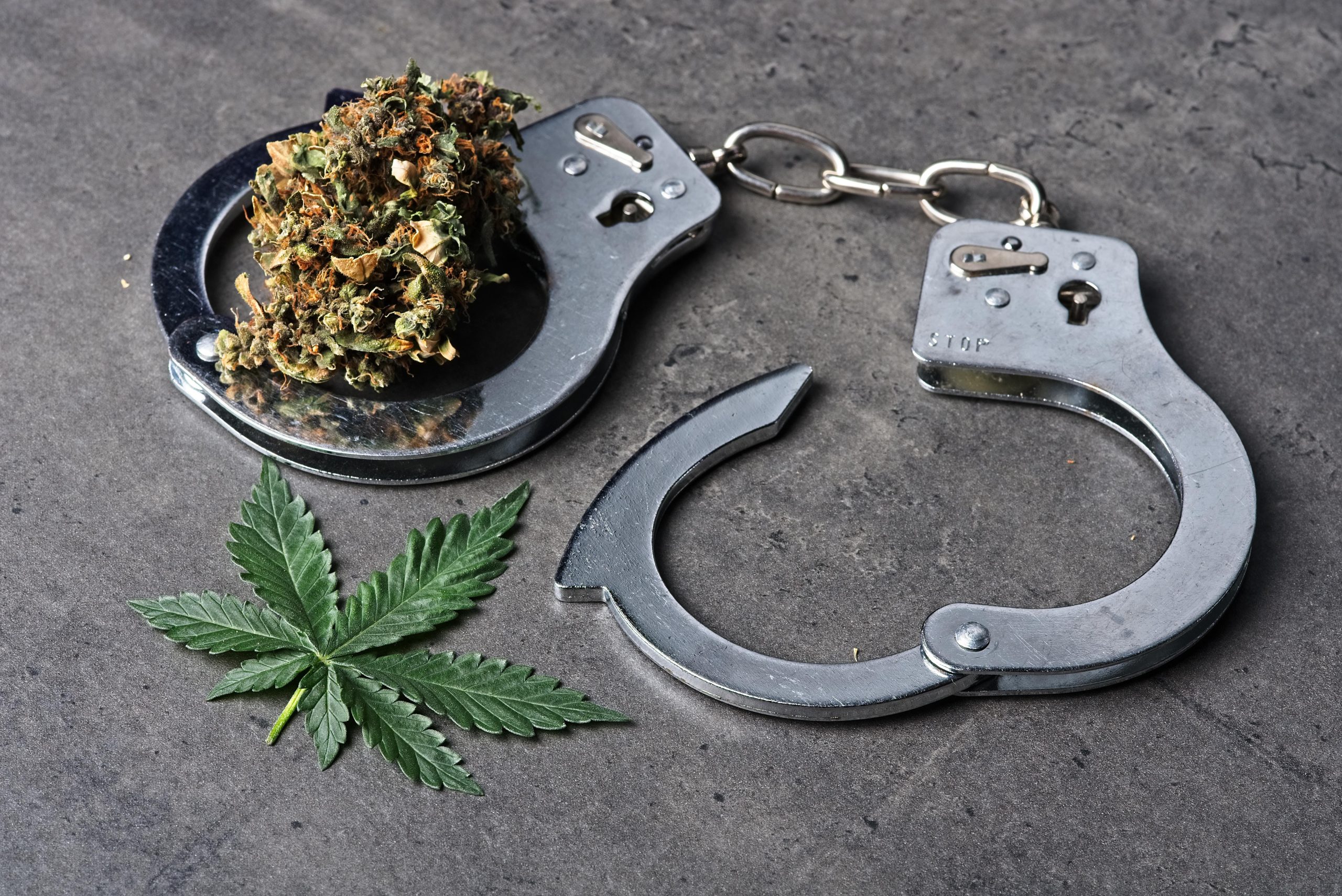Idaho Proposes Harsher Penalties for Cannabis Possession Amid Regional Shifts Toward Legalization
LOS ANGELES- As neighboring states progressively embrace cannabis reform, Idaho is taking a contrary path with a legislative proposal aimed at intensifying penalties for cannabis possession. The proposed bill, which introduces a mandatory minimum fine of $420 for possessing less than three ounces of cannabis, underscores Idaho’s steadfast stance against the wave of legalization sweeping across the United States.
Representative Bruce Skaug’s bill, HB 606, marks his second attempt at establishing a minimum penalty for minor cannabis possession, following the introduction and subsequent amendment of HB 559 earlier this year. The new legislation not only retains the unique fine amount, a symbolic nod to cannabis culture, but also clarifies that this penalty can be applied in addition to other sanctions under state law.
Currently, Idaho law classifies the possession of less than three ounces of cannabis as a misdemeanor, punishable by up to a year in jail and/or a fine up to $1,000. Possession of more than three ounces elevates the offense to a potential five-year prison sentence and/or a fine up to $10,000.
The bill’s introduction comes at a time when neighboring states such as Washington, Oregon, Nevada, and Montana have legalized cannabis for both medical and recreational use, with Utah allowing medical cannabis. This regional trend contrasts sharply with Idaho’s approach, where both medical and recreational cannabis remain illegal.
Governor Brad Little has consistently voiced his opposition to cannabis reform, suggesting that those in favor of legalization may have chosen the wrong leader. Despite his stance, public opinion within the state appears more open to change, especially regarding medicinal cannabis. A 2022 SurveyUSA poll indicated that 68% of Idaho adults support the legalization of medical cannabis.
The proposed legislation and Idaho’s broader resistance to cannabis reform reflect a complex dialogue surrounding cannabis legality and regulation in the United States. As states like Pennsylvania move towards embracing cannabis for adult use, citing potential economic benefits and the inevitability of nationwide legalization, Idaho remains a bastion of opposition, even as it becomes increasingly isolated in its stance.
The debate over cannabis in Idaho not only highlights the state’s conservative values but also the nuanced perspectives of its lawmakers and citizens. With the introduction of HB 606, Idaho reaffirms its commitment to maintaining stringent cannabis policies, even as the national landscape shifts towards greater acceptance and legalization of the plant.



































